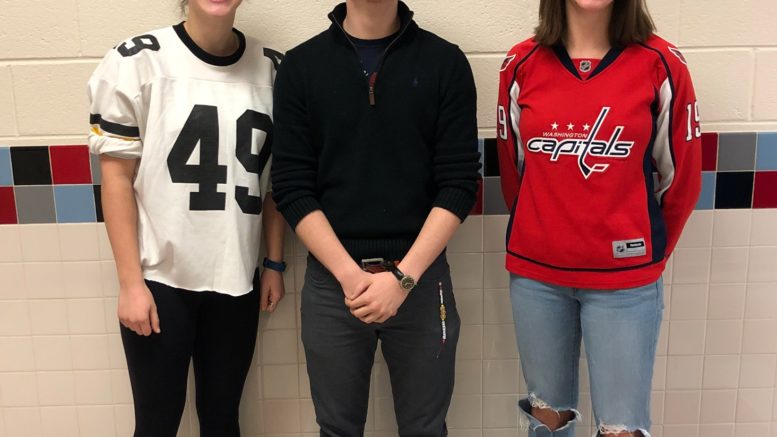Sadie Finn and Alexis Larsen
Community United for Renewable Energy (CURE) was recently established by junior Kenneth Warren because of “a little girl in India.” In the summer of 2017, Warren went on a trip to India, where he witnessed a girl drinking polluted water. In an attempt to improve the drinking water better for the villagers, he began seeking ways in which he could make the world more sustainable.
CURE’s mission is to create an eco-friendly world in which sustainable practices are performed daily. They plan to do this by integrating youth into eco-friendly, environmentally sustainable schools.
T.C. Williams uses a rain cistern that collects rainwater in the school and saves more than 6 million gallons per year, a rain garden that improves the quality of the water in tributaries, a roof garden that filters stormwater as well as it provides educational opportunities for students, and specialized HVAC and lighting-system which help reduce the school’s total energy consumption.
CURE plans to use the first 30 days of their initiative is to focus on research to determine how to best improve the school’s sustainability. Warren said, “We need to do a lot of research first, that is the main priority, making ACPS sustainable.”
The initiative’s first short term goal is to place solar panels on top of the school. Warren said, “As of right now solar is the main way we hope to replace energy consumption at T.C.” Additionally, they hope to find other ways to make T.C. Williams more sustainable, including doing research on LED lights, green cleaning supplies, and fully utilizing the school gardens.
Although CURE is going to be helping T.C. Williams become more renewable, it does not want to affiliate itself with the school. Junior Elspeth Collard said, “We are not really affiliating ourselves with T.C. in order to be able to grow.” The initiative hopes to be able to help all communities, not just ACPS.
The CURE team has already reached out to other schools, in hope of working with students who have similar goals. Sophomore Riley Casagrande said, “We know of a similar project that in past years have been going on in Fairfax County schools.” This will help the initiative stay a school based project, meaning that CURE will start by helping schools become more renewable.
Schools are CURE’s main goal because it is where students spend the most time and will be able to learn and apply renewable practices. Casagrande said, “As high schoolers it is the place we have most access to and it could make a difference.”
CURE hopes that by making the school and community more sustainable, the students will learn and practice sustainable habits. Warren said, “If you grow up in an environment that practices whatever belief you have, whether that’s religion, politics, etc, [you will continue to practice those beliefs throughout your life]. Hopefully that will translate to sustainability.”
CURE is still a new initiative and is welcoming all new members. For more information, contact them at projectcure01@gmail.com.

